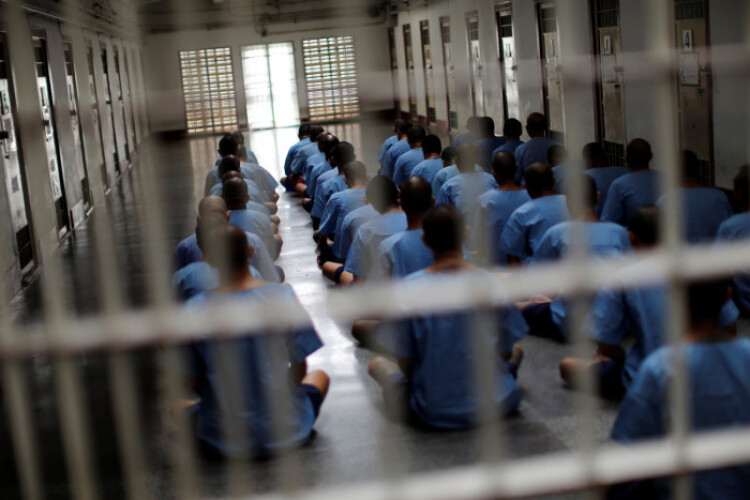
GENEVA - Punitive drug policies have driven mass incarceration and grave human rights violations, says the Global Commission on Drug Policy in a new report.
Last year alone, over 3.1 million people were arrested for drug-related offences, with 20% of the global prison population detained for such crimes — nearly half for simple possession, it says.
The figures come from a new report, “Beyond Punishment: From Criminal Justice Responses to Drug Policy Reform”, published on the commission’s website.
The report underscores the devastating consequences of prohibitionist policies, including over 1 million overdose deaths in the United States in the past two decades and 40,000 in Canada in just eight years, it says.
The report also highlights systemic inequities. Indigenous people in Canada are six times more likely to face drug-related arrests than their white counterparts, it notes.
Disproportionate burdens on women and children, deepening cycles of poverty and marginalisation are also major social problems, it says.
Offering a roadmap for reform, the report advocates for evidence-based strategies, including harm-reduction measures, decriminalisation and the legal regulation of drug markets.
“These approaches not only save lives but also reduce societal harms, foster dignity and promote health and equity,” it adds.
Helen Clark, the former prime minister of New Zealand and current chair of the GCDP, said drug policies around the world have been heavily influenced by the International Drug Control Conventions.
Many governments have interpreted these as a mandate to pursue a “drug free world”, and often as justifying repressive measures, she said.
The consequences of this approach are clear: escalating incarceration rates, the erosion of human rights and disproportionate impacts on marginalised communities.
It is not only the individuals caught in the net of punitive drug laws who suffer; entire communities are affected, as well as our collective health and societal well-being, she said.
The Global Commission on Drug Policy was created in 2011 by a group of eminent figures from the political, economic and social fields, including former heads of state and government, wishing to inspire better drug policy globally. Membership has since grown to encompass commissioners from around the world.
Last year alone, over 3.1 million people were arrested for drug-related offences, with 20% of the global prison population detained for such crimes — nearly half for simple possession, it says.
The figures come from a new report, “Beyond Punishment: From Criminal Justice Responses to Drug Policy Reform”, published on the commission’s website.
The report underscores the devastating consequences of prohibitionist policies, including over 1 million overdose deaths in the United States in the past two decades and 40,000 in Canada in just eight years, it says.
The report also highlights systemic inequities. Indigenous people in Canada are six times more likely to face drug-related arrests than their white counterparts, it notes.
Disproportionate burdens on women and children, deepening cycles of poverty and marginalisation are also major social problems, it says.
Offering a roadmap for reform, the report advocates for evidence-based strategies, including harm-reduction measures, decriminalisation and the legal regulation of drug markets.
“These approaches not only save lives but also reduce societal harms, foster dignity and promote health and equity,” it adds.
Helen Clark, the former prime minister of New Zealand and current chair of the GCDP, said drug policies around the world have been heavily influenced by the International Drug Control Conventions.
Many governments have interpreted these as a mandate to pursue a “drug free world”, and often as justifying repressive measures, she said.
The consequences of this approach are clear: escalating incarceration rates, the erosion of human rights and disproportionate impacts on marginalised communities.
It is not only the individuals caught in the net of punitive drug laws who suffer; entire communities are affected, as well as our collective health and societal well-being, she said.
The Global Commission on Drug Policy was created in 2011 by a group of eminent figures from the political, economic and social fields, including former heads of state and government, wishing to inspire better drug policy globally. Membership has since grown to encompass commissioners from around the world.






